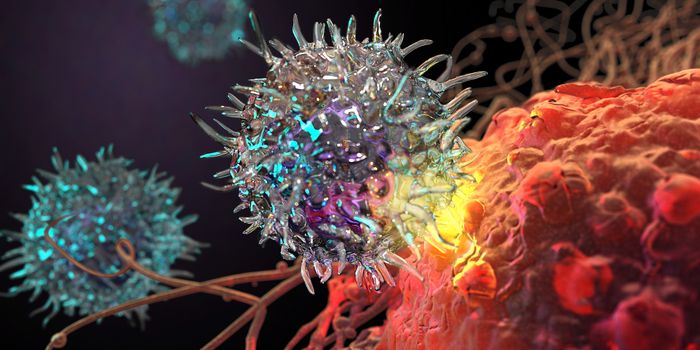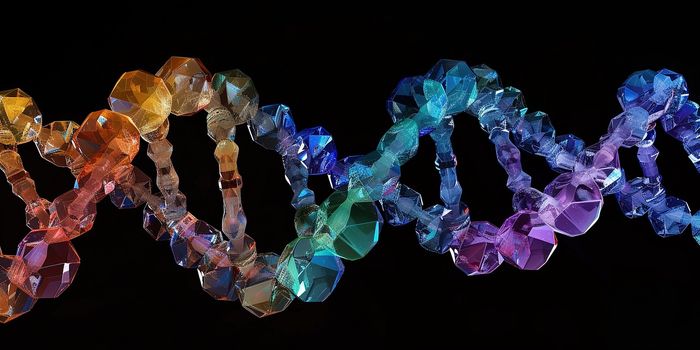New Therapeutic Target for Depression
In a study published in the Journal of Psychopharmacology, a new drug target for the treatment of depression has been identified by researchers at the Department of Human Physiology of the UMA Faculty of Medicine.

The study stemmed from the research group, “Neurochemistry of the Transmission in the Central Nervous System”, co-directed by Professor Zaida Díaz-Cabiale, where they identified ‘GAL (1-15)’--part of the neuropeptide molecule called Galanin.
Galanin is central to the common symptom of depression—anhedonia, the loss of pleasure in daily activities.
“We have verified through different experiments how animals modify their response to high-reinforcement appetitive stimuli, such as saccharine or sexual attraction, after the administration of the Galanin fragment”, explains researcher Carmelo Millón, one of the authors of this study. “The understanding of these mechanisms opens the way for endless therapeutic strategies, hence its importance.”
Researchers from Karolinska Institute in Sweden also collaborated on the study and examined the molecular interactions of brain reinforcement system. They observed that the brains' ability to support positive behavior was inhibited by the Galanin fragment which reaffirmed the initial findings.
Most therapeutics for depression are SSRIs (selective serotonin reuptake inhibitors)—such drugs can take up to two weeks to start showing signs of treatment with a further 30 percent of patients who receive the medication are resistant to the treatment.
Learn more about the future of depression treatments:
Source: Drug Target Review








